Crocs offer comfort, breathability and convenience but lack essential arch support and stability for...
Read More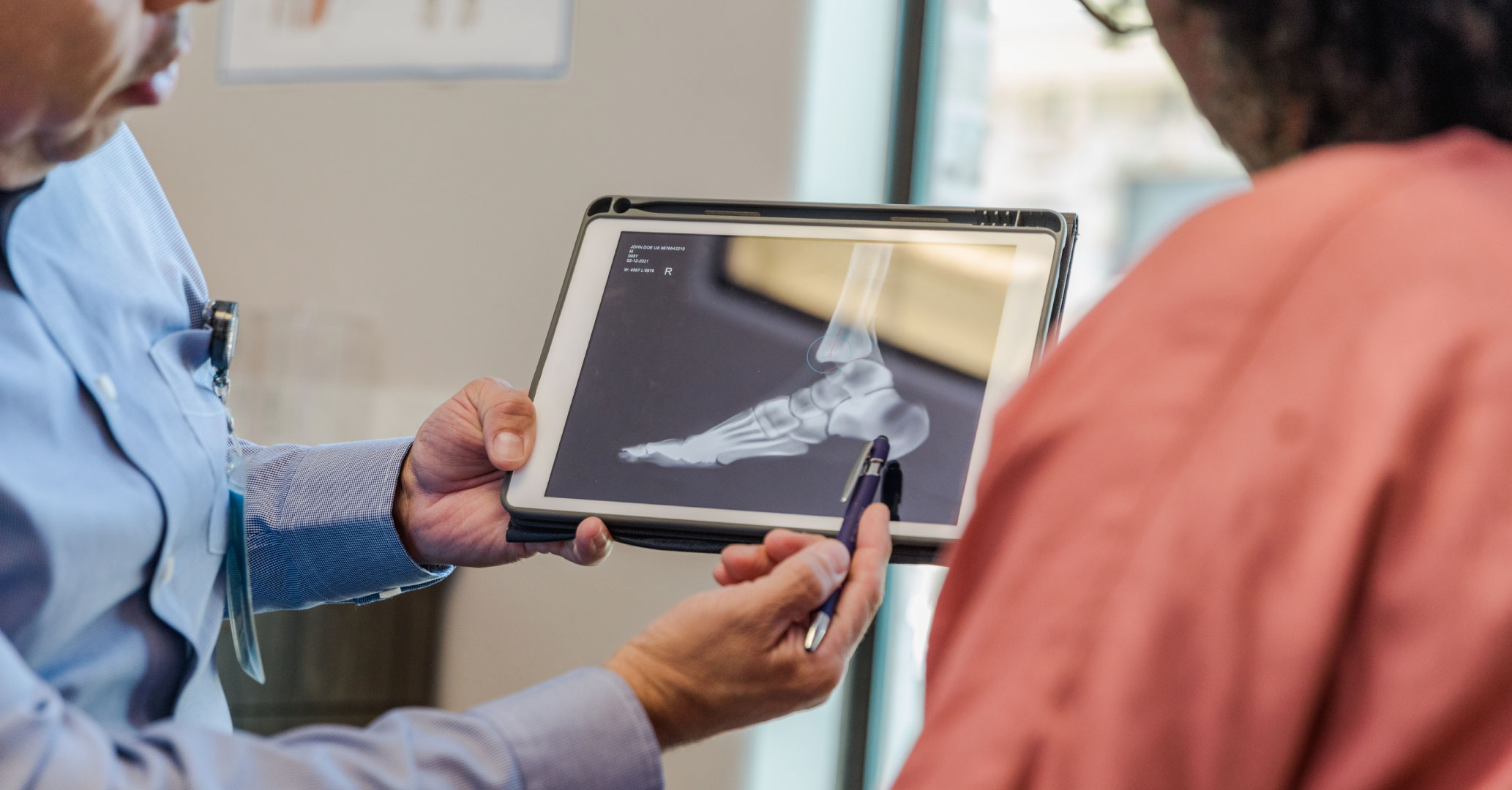
Your feet are the foundation of everything you do, and conditions like bunions and hammertoes can significantly affect your mobility and overall quality of life. Our team of podiatric specialists are here to diagnose your condition and get you back on the road to recovery.
Bunions and hammertoes are common foot conditions that can cause discomfort and affect your mobility. A bunion is a bony bump that forms at the base of the big toe. It forms when the joint at the base of the toe is misaligned, pushing the toe outward. Common symptoms are pain, swelling, redness and difficulty wearing certain shoes. Bunions often develop due to genetic factors, foot deformities or wearing ill-fitting footwear for an extended period of time.
Hammertoes are characterized by an abnormal bending of the toes, causing them to resemble a hammer or claw. This condition usually affects the second, third or fourth toe. Hammertoes can be flexible, where the affected toe can still be straightened, or rigid, where the toe remains fixed in a bent position. Symptoms include pain, corns, calluses and difficulty fitting into shoes comfortably. Hammertoes are caused by tight shoes, muscle imbalance, nerve or joint damage or conditions such as arthritis.
Diagnosing bunions and hammertoes involves the combination of a physical examination and a medical history assessment by a health care provider. Your doctor will visually inspect the affected foot, looking for deformities, swelling or redness. They may also assess your range of motion in the toe joints and evaluate any associated pain. A podiatrist may order X-rays to determine the extent of the deformity and assess the underlying bone structure.

Depending on your specific symptoms, your podiatrist may recommend treatment options such as:
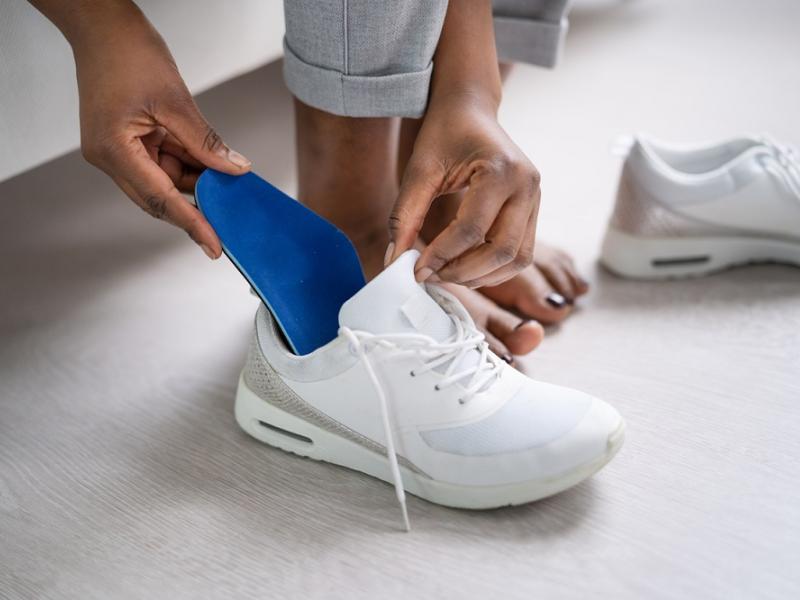
Non-surgical treatment options for bunions and hammertoes include wearing comfortable shoes with adequate toe space, using padding or orthotic devices to relieve pressure and improve foot alignment and practicing toe exercises to strengthen muscles and improve flexibility.

Over-the-counter nonsteroidal anti-inflammatory drugs (NSAIDs) like ibuprofen can help alleviate pain and reduce inflammation associated with bunions and hammertoes.
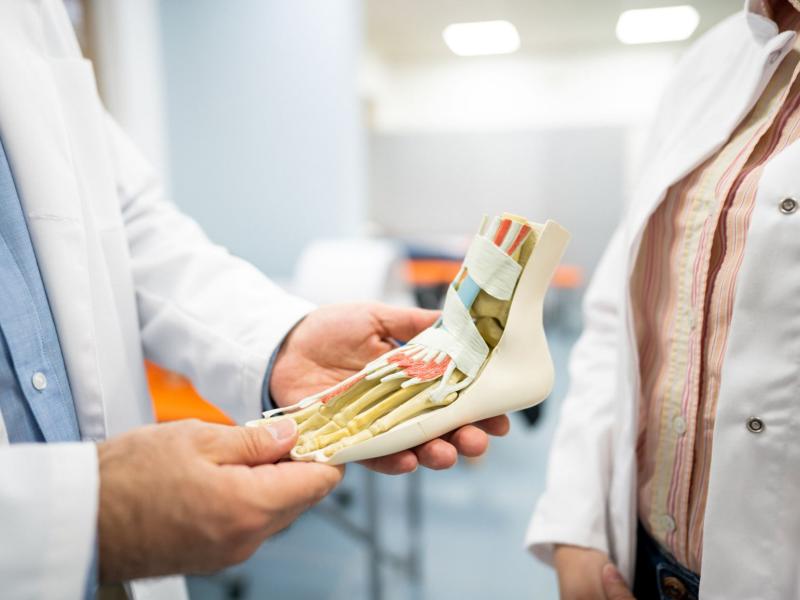
When conservative measures fail to provide relief or in severe cases, surgical intervention, such as bunionectomy (removal of the bunion) or hammertoe correction to realign the toe joints, reduce deformity and restore function may be necessary.
At Inspira, our podiatric specialists prioritize your well-being and comfort. The treatment process begins with a thorough evaluation, including a physical examination and a discussion of the patient's medical history. This allows your doctor to accurately diagnose the condition and develop an individualized treatment plan.
Inspira offers a range of treatment options tailored to the specific needs of each patient. In cases where non-surgical interventions do not provide sufficient relief, surgical intervention, such as proximal interphalangeal (PIP) joint fusion may be recommended. The surgeons at Inspira are skilled in performing these procedures, using advanced techniques to address the underlying deformities effectively.
Throughout the treatment process, Inspira emphasizes patient education and communication. Our team takes the time to explain your diagnosis, treatment options and potential outcomes, allowing you to make informed decisions about your care.
Yes.
While genetic factors can play a role, certain preventive measures can help, such as wearing comfortable shoes with ample toe room, avoiding high heels or narrow shoes and maintaining a healthy weight to reduce stress on the feet.
No. Although tight or narrow shoes can exacerbate these conditions, other factors like genetics, foot structure abnormalities, arthritis and nerve or muscle imbalances contribute to the development of bunions and hammertoes.
Recovery time varies depending on the extent of the surgery and individual healing factors, but typically it can take several weeks to a few months to fully recover and resume normal activities.

Crocs offer comfort, breathability and convenience but lack essential arch support and stability for...
Read More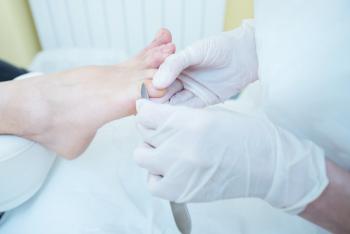
Learn effective strategies for safely managing corns, from gentle exfoliation and choosing...
Read More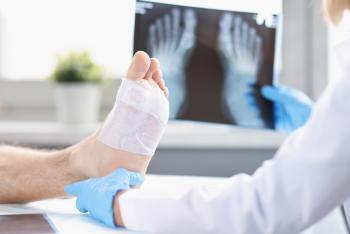
Most people experience foot pain at some point in their lives, but it is important to know when to...
Read More